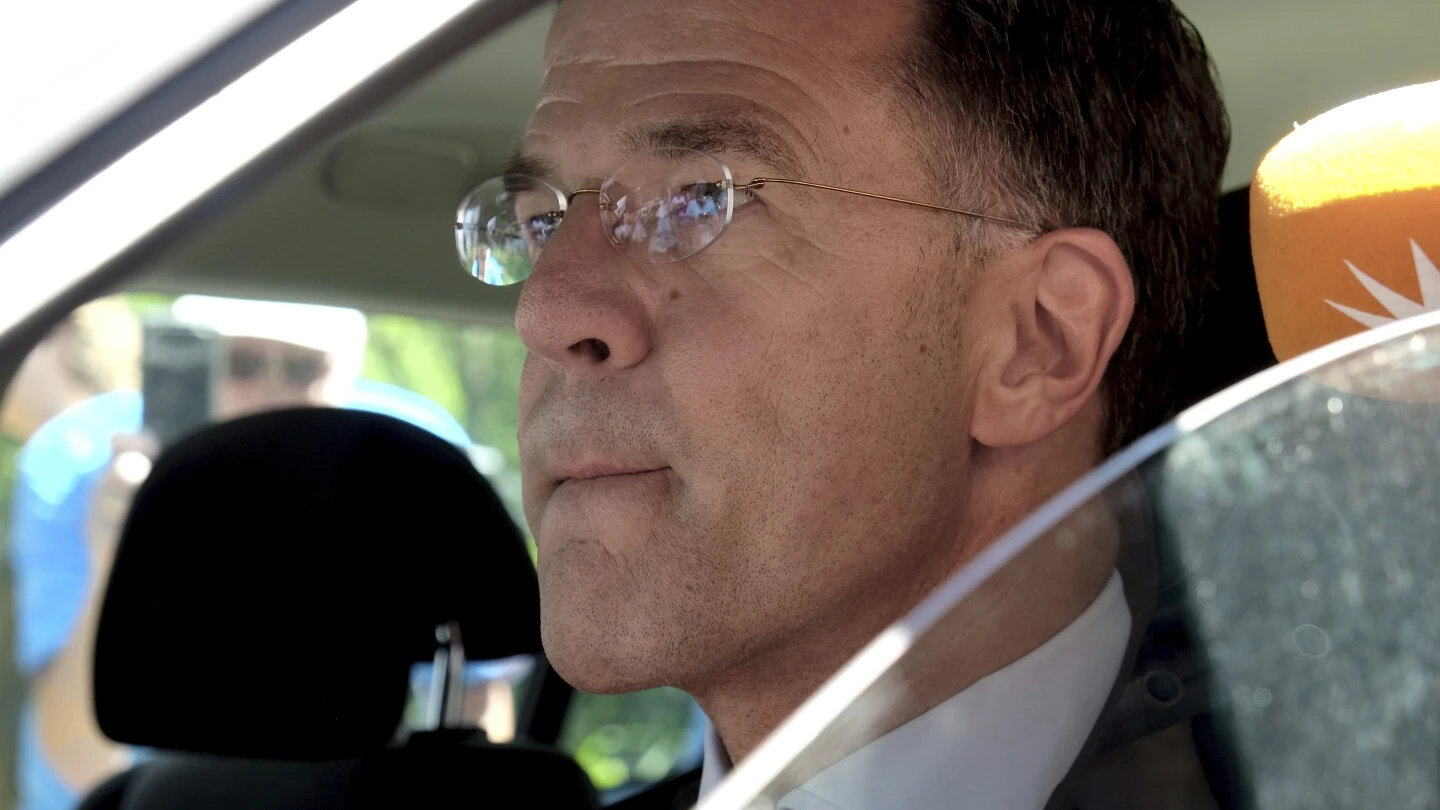The EU member states agreed to conserve natural habitats in the nineties. This resulted in what is called the habitat directive.
Every member state should aim for a certain target, but it's up to the member states to decide upon that target. For example, countries with a large logging industry will provably aim for a certain amount of conservation of forests. But that will inevitably conflict with the logging industry in one way or another.
The Netherlands has an extremely large livestock industry that exports 80% (eighty) to abroad. But cows and pigs also produce large amounts of manure, which cannot be exported. And manure is a source of nitrogen, which damages nature if deposited in high amounts. It's like over-fertilizing your lawn, by doing it every day. After a while, only the grass and certain nitrogen seeking plants will,flourish, but all other ground live and plants will perish.
The past governments have mostly ignored that up until now because of the export, but environmentalists started litigated in court claiming the government isn't following the EU directive. In 2019, the highest administrative court suddenly decided enough is enough and ruled no permits could be issued that add more nitrogen to nature.
So as off 2019, the government is busy reducing nitrogen where they can. For example, it's not allowed to drive any faster than 100 km/h on most highways where it used to be 130 km/h. But also building permits are restricted, because building leads to building traffic and more nitrogen deposition. The same goes for air traffic, which also grew way out of hand as the government tried to establish that Schiphol airport would become the main airport hub in the EU.
So now the biggest challenge of Rutte's government is reducing nitrogen deposition, which by far the farmers with livestock are mostly responsible for. But just as the logging industry dislikes certain forest conservation policies, farmers started protesting that they 'suddenly' couldn't proceed keeping livestock.
And to be fair, they were allowed that for years simply because governments didn't want to take the decision when the problem was small. But that's obviously the sane for governments with regard to climate change. It's much easier to downplay the problem or agree you will take action 'in the future'. But this was exactly what was agreed in the EU in the nineties. But not followed up on.
Enter the farmer's party BBB, who now won in large majorities across the provinces by opposing Rutte's government and in part downplaying nitrogen deposition.
But yet, Rutte suddenly came up with migration as the biggest 'problem'. Except that it isn't but the BBB is difficult to argue with if you want to win elections. Abd that's probably why Rutte and his campaign team worked out they are suddenly pushing migration as the major electoral problem, so they can try and circumvent the BBB.

